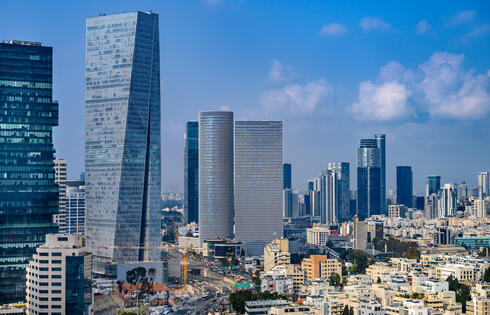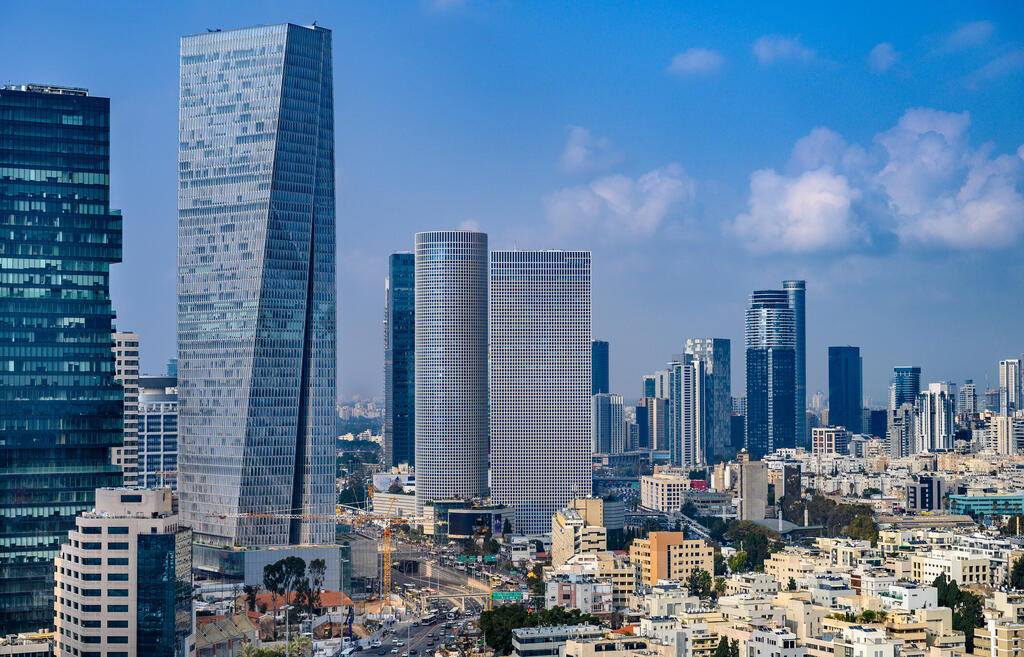
Israeli high-tech raised $2.43 billion in Q3, contributing to $7.22B in first nine months of 2024
A 32% rise year-to-date showcases resilience amid challenges. However, a 20% decrease in capital and a 17% decrease in the number of transactions was registered between Q2 and Q3, even when including the $1 billion raised by Ilya Sutskever’s American-Israeli company Safe Superintelligence.
Israeli start-up companies raised $2.43 billion across 99 rounds in the third quarter, according to preliminary data from the high-tech report by IVC and LeumiTech. This represents a 40% increase in the amount raised and an 8% rise in the number of rounds compared to the corresponding quarter in 2023. However, it reflects a slowdown following an unusually strong second quarter. The third quarter was significantly weaker, with the total capital raised shrinking by 20% and the number of rounds decreasing by 17%.
The primary reason for the slowdown is the large number of mega-funding rounds in the cyber sector during the second quarter, including the nearly $1 billion fundraising by the cyber company Wiz. According to IVC and LeumiTech, the share of cyber-related funding in the third quarter was only 14%, compared to 62% in the previous quarter.
Since the beginning of the year, total capital raised now stands at $7.2 billion, a 32% increase compared to the first nine months of 2023. In other words, it can be said that the war has had less of an impact on high-tech than the political instability that characterized last year.
It should be noted that the data for the current quarter is somewhat skewed, as IVC and LeumiTech included the $1 billion fundraising by the American company SafevSuperintelligence. This artificial intelligence startup was co-founded by Ilya Sutskever, one of the founders of OpenAI who left the company earlier this year, along with Daniel Gross and Daniel Levy. The new startup, which aims to establish Israel's presence on the AI map, is currently setting up a development center in Tel Aviv in addition to its Silicon Valley base. This fundraising accounted for 41% of all capital raised in the quarter. Aside from this American-Israeli deal, only one other mega round was recorded—that of Magenta Medical, which raised $105 million. In contrast, the second quarter saw six mega-fundraising rounds exceeding $100 million, most of them in the cyber sector.
Commenting on the situation, Leumitech CEO Maya Eisen-Zafrir stated: "Israeli high-tech, which continues to operate under the shadow of war, is showing resilience and even maintaining an encouraging growth trend compared to 2023. We are pleased that, along with the major deals, we see a consistent increase in capital raising across other deals, quarter by quarter, since the beginning of the year."
In the third quarter, data continues to show stability in the presence and activity of foreign investors in Israel. In contrast, local investors have reduced their pace of investment. In the first nine months of 2024, foreign investors participated in 836 fundraising rounds, compared to 898 rounds in all of 2023. These figures indicate a return to the levels seen in 2018-2019, after two exceptional years between 2021 and 2022 when nearly 2,000 rounds were recorded annually.
“We have been closely following Israeli high-tech for over 25 years, and we’ve never seen such challenging conditions for innovation and investment. In the face of uncertainty, it’s encouraging to see that foreign investors have hardly reduced their exposure, and their activity remains consistent with the levels seen in 2018-2019,” concluded Ben Klein, CEO of IVC.














